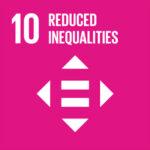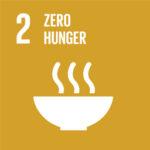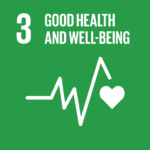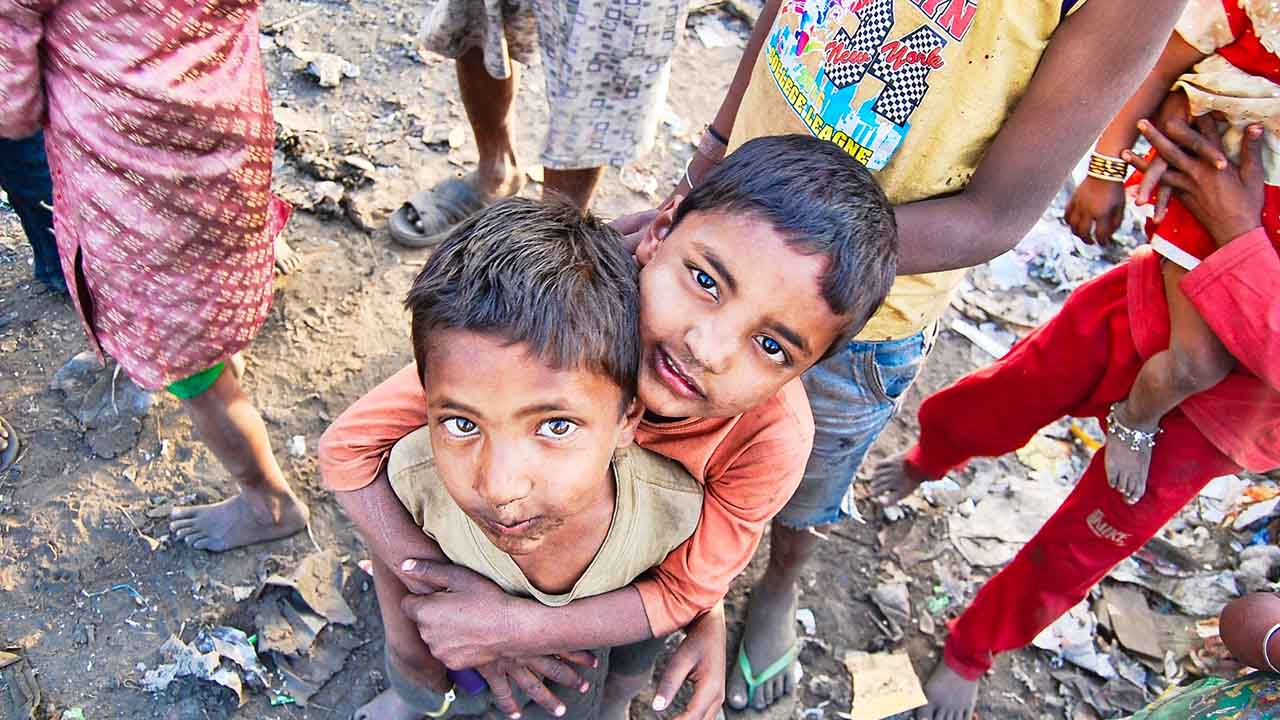Let’s start this on a good note. A new Oxfam study released on January 17, 2022, says a new billionaire is minted every 26 hours globally, despite the prevailing, gloomy pandemic. The virus has been particularly kind to the world’s ten richest men, who have more than doubled their fortunes from $700 billion to $1.5 trillion — at a whopping rate of $15,000 per second or $1.3 billion a day— in 2020 and 2021. Now, it is another thing that the first two years of the pandemic also saw the incomes of 99 percent of humanity falling and over 160 million people being forced into poverty, leading to the death of one person every four seconds.
But it is not right to credit 2022 and Oxfam for pointing out the unequal world we all are part of. While blessed humans celebrated Jeff Bezos’ space trip in July 2021, many called it “one giant leap for inequality,” as millions on the planet were dying needlessly because they could not access vaccines or afford food. Bezos, the poor rich man, drew a direct comparison with Marie Antoinette’s iconic “let them eat cake” moment, despite him thanking every Amazon employee and customer for paying for the trip and all good things in life.
Jeff Bezos is also not a special case. The pandemic has been nice to each of world’s small elite of 2,755 billionaires, who have seen their fortunes grow more during COVID-19 than they have in the whole of the last 14 years, points out Oxfam’s new report, Inequality Kills, released just ahead of the World Economic Forum’s Davos Agenda. “At $5 trillion dollars, this is the biggest surge in billionaire wealth since records began. A one-off 99 percent tax on the ten richest men’s pandemic windfalls, for example, could pay to make enough vaccines for the world, provide universal healthcare and social protection, fund climate adaptation and reduce gender-based violence in over 80 countries,” suggests Oxfam.
What’s interesting to the report is that it captures inequality through many indicators, right from number of deaths to dipping GDPs and massive social imbalances. Like, it finds social disparity to be leading to the death of at least 21,000 people each day, or one person every four seconds, “a figure conservative based on deaths globally from lack of access to healthcare, gender-based violence, hunger and climate breakdown,” the report reasons.
The inequality has been bad for economies, rich or poor, equally during the pandemic. Central banks pumped trillions of dollars into financial markets to save the economy, yet much of that ended up into the pockets of billionaires riding a stock market boom. “Vaccines were meant to end this pandemic, yet rich governments allowed pharma billionaires and monopolies to cut off the supply to billions of people. The result is that every kind of inequality imaginable risks rising. The predictability of it is sickening. The consequences of it kill,” says Oxfam International’s Executive Director Gabriela Bucher.
Seed of All Problems
Among the sections most hit by inequality in the pandemic era are women and radicalised groups. The pandemic has set gender parity back from 99 years to now 135 years, the report says. Women collectively lost $800 billion in earnings in 2020, with 13 million fewer women in work now than there were in 2019. The report dives deeper to find that for every three months of lockdown, there would be an additional 15 million cases of intimate partner violence. Despite the horrific indicators, gender-based violence has accounted for only 0.0002% of coronavirus response funding.
The biggest casualty of inequality in the age of the virus are the racialised groups. The study records global reports, from the UK and Brazil to the US, where deprived sections and migrants were many more times more likely to die of COVID-19 than the native population. The most outstanding case mentioned is of historical racism and colonialism of Great Britain, where the country extracted nearly $45 trillion from India between 1765 and 1938 in purely economic terms.
What’s sadder is that for the first time, inequality between countries is expected to rise in a generation. Developing countries, denied access to sufficient vaccines because of rich governments’ protection of pharma companies’ monopolies, have been forced to slash social spending as their debt levels spiral and now face the prospect of austerity measures. The proportion of people with COVID-19 who die from the virus in developing countries is roughly double that in rich countries, the Oxfam report says.
The divide between haves and have-nots is now outstanding, describes Gabriela Bucher. “If these ten men were to lose 99.999 percent of their wealth tomorrow, they would still be richer than 99 percent of all the people on this planet. They now have six times more wealth than the poorest 3.1 billion people,” she said.
Another outcome of inequality is loss of business ethics like transparency and, so, accountability. An Amnesty study, A Double Dose of Inequality, released in September 2021, said that one of the major obstacles to ensuring fair access to Covid-19 vaccines is lack of transparency, which makes contracts, pricing, technology and knowledge transfer impossible to accurately map and optimise.
The Amnesty report focused on six leading vaccine developers, AstraZeneca, BioNTech, Johnson & Johnson, Moderna, Novavax and Pfizer, assessing each company’s human rights policy, pricing, intellectual property, knowledge and technology sharing, allocation of vaccine doses and transparency. It found that vaccine developers monopolised intellectual property and blocked technology transfers. Some companies charged high prices for their vaccines, sold predominantly to rich countries, and poised to make enormous profits – despite receiving billions in public funding. “While the vaccine developers claim to respect human rights, all of them – to differing degrees – have failed to meet their responsibilities,” the Amnesty report concluded.
Experts at Oxfam agree to call inequality a human rights issue, a kind of violence. Bucher calls extreme inequality to be a form of economic violence, where policies and political decisions that perpetuate the wealth and power of a privileged few result in direct harm to the vast majority of ordinary people, “particularly acutely across racialised, marginalised and gendered lines”.
While 40 new Indians entered billionaire club in 2021, incomes of 84 per cent households decline in the period. More than 4.6 crore Indians are estimated to have fallen into extreme poverty in 2020, accounting for nearly half of the global new poor. The UN SDG report 2021 estimated 120 million people into extreme poverty over 2020, mostly in low- and middle-income countries.
Governments Fail, Corporates Prevail
The inequality now affects governments too. Despite the huge cost of fighting the pandemic, in the past two years, rich country governments have failed to increase taxes on the wealth of the richest and continued to privatise public goods such as vaccine science. “They have encouraged corporate monopolies to such a degree that in the pandemic period alone, the increase in market concentration threatens to be more in one year than in the past 15 years from 2000 to 2015,” says the Oxfam report.
A case cited from India is of the billionaire Gautam Adani, whose wealth has multiplied eight-fold during the pandemic. Significantly benefitting from fossil fuels, as reported in the Financial Times, Adani has made use of state connections and become the country’s largest operator of ports and its largest thermal coal power producer. He wields market control over power transmission, gas distribution, and now privatised airports, all once considered public goods, says a Bloomberg report. Gautam Adani and Family are at number 24 in the Forbes’ Billionaires’ list, the second Indian in Top 25 after Mukesh Ambani of Reliance Industries at number 10.
No surprise rise from India was of Cyrus Poonawala, who in 2020 climbed 57 places to be the 86th richest person in the world on the back of a 25% rise in his net worth during pandemic, says a report by Hurun Research. Poonawala’s Serum Institute of India is the world’s largest vaccine maker by doses. Its vaccine, Covishield, developed in collaboration with AstraZeneca, was part of India’s Vaccine Maitri diplomatic mission. The company is ready to supply the vaccines to address the issue of vaccine inequality in the African continent and the world, says CEO Adar Poonawala at the WEF Davos Agenda recently. Now, such conversations are where the world needs to do a follow up with billionaires to better their delivery on the urgent, embarrassing issue of vaccine inequity, to begin with.

![]()

![]()

![]()
![]()


























